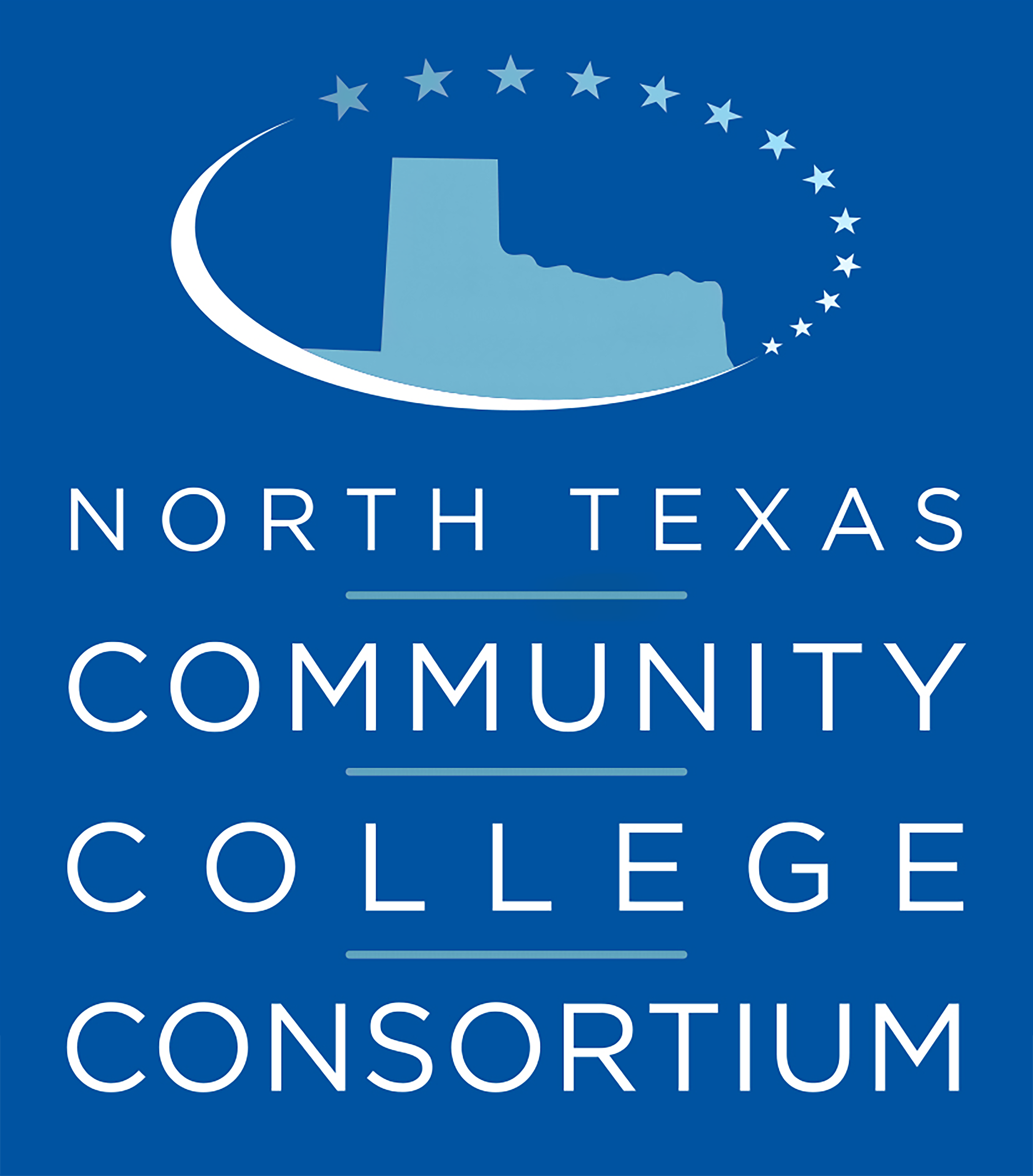Presented at: 3rd Annual Instructional Innovation Conference
The Use of Six Sigma STEMulation in Higher Education
Session Description
STEM coursework often exposes deficiencies in math, comprehension and confidence in students as well as the challenge instructors face when attempting to quickly and accurately fill learning gaps, all while balancing the responsibility to teach new material. With experiences in industry prior to returning to academia, Starr has leveraged her experiences with Six Sigma as a method for evaluating the effectiveness of these tools in a classroom setting in regards to lesson plan development, data collection/analysis and classroom instruction. Six Sigma is an established approach that focuses on continuous improvement of processes geared toward performance breakthroughs. The application of these techniques in a community college setting showed signs of performance improvement for both teachers and students with an increase in class enrollment over three semesters. Initial results show a possible connection between the combined use of lessons plans, exams and surveys designed with Six Sigma methodology and an increase where student interest in STEM pathways are concerned. This Six Sigma STEMulation intervention required a bilateral approach where teacher readiness was also evaluated as both a potential influencer and a key indicator in a student’s ability to successfully complete the required coursework once the decision to pursue STEM has been made. Lack of resources, adequate training and tools for overcoming systemic STEM deficiencies among students were determined to be the leading factors impeding instructor success. Future work includes further development of a Six Sigma centered process that can be applied in a classroom setting where varying levels of academic readiness exists among students. In this next phase of research, the activities will include the translation of student success data collected in the initial phase into solution based intervention methods that are beneficial to both students and their professors.
Session Goals
The objective of this intervention will not only be to help strengthen the STEM development pipeline but to also inch towards closing the education equality gap as a whole.
Full Description
STEM coursework often exposes deficiencies in math, comprehension and confidence in students as well as the challenge instructors face when attempting to quickly and accurately fill learning gaps, all while balancing the responsibility to teach new material. With experiences in industry prior to returning to academia, I leveraged my experiences with Six Sigma as a method for evaluating the effectiveness of these tools in a classroom setting in regards to lesson plan development, data collection/analysis and classroom instruction. Six Sigma is an established approach that focuses on continuous improvement of processes geared toward performance breakthroughs. The application of these techniques in a community college setting, showed signs of performance improvement for both teachers and students with an increase in class enrollment over three semesters. Initial results show a possible connection between the combined use of lessons plans, exams and surveys designed with Six Sigma methodology and an increase where student interest in STEM pathways are concerned. This “Six Sigma STEMulation†intervention required a bilateral approach where teacher readiness was also evaluated as both a potential influencer and a key indicator in a student’s ability to successfully complete the required coursework once the decision to pursue STEM has been made. Lack of resources, adequate training and tools for overcoming systemic STEM deficiencies among students were determined to be the leading factors impeding instructor success. Future work includes further development of a Six Sigma–centered process that can be applied in a classroom setting where varying levels of academic readiness exists among students. In this next phase of research, the activities will include the translation of student success data collected in the initial phase, into solution based intervention methods that are beneficial to both students and their professors.
